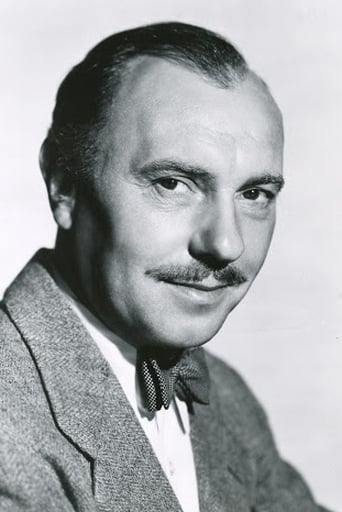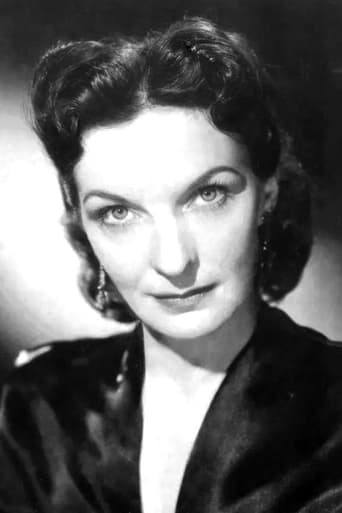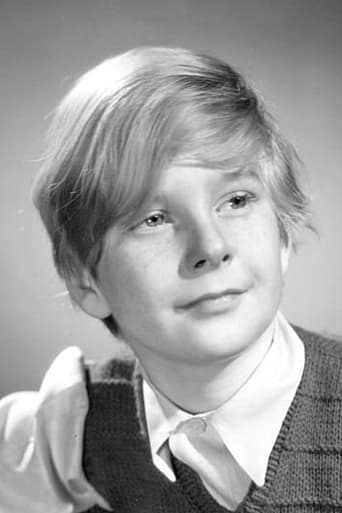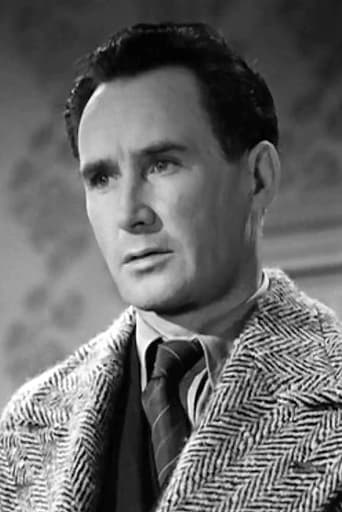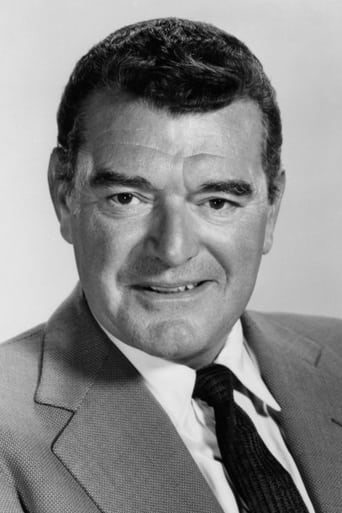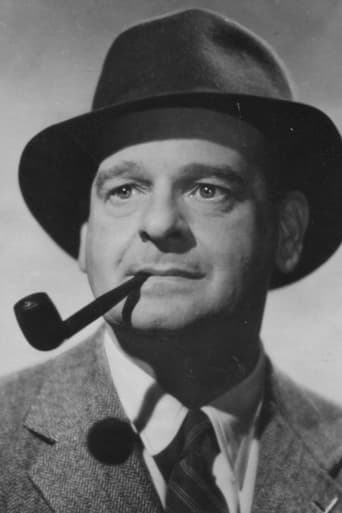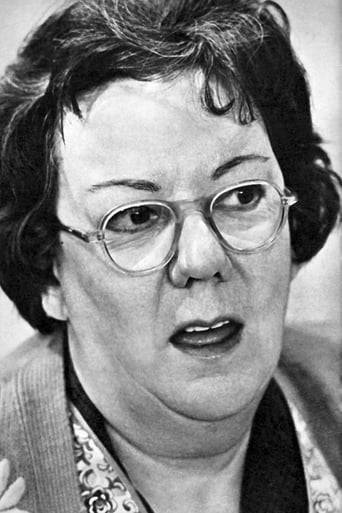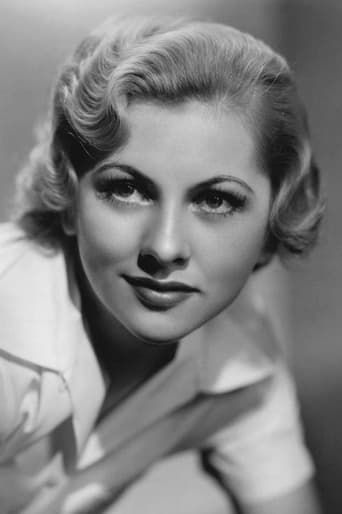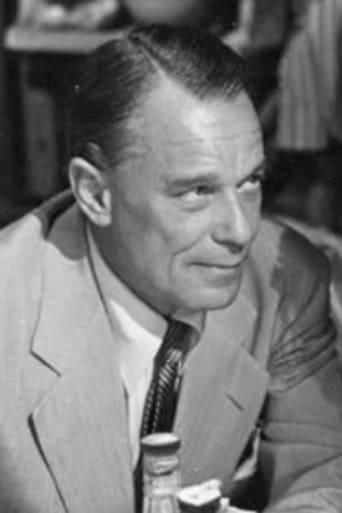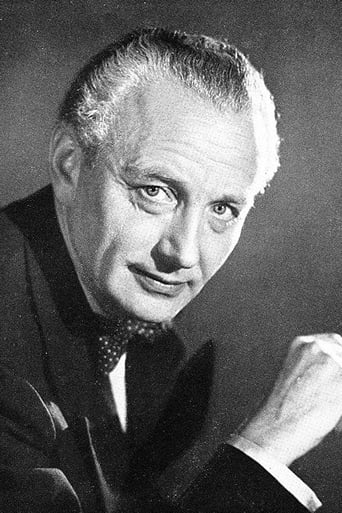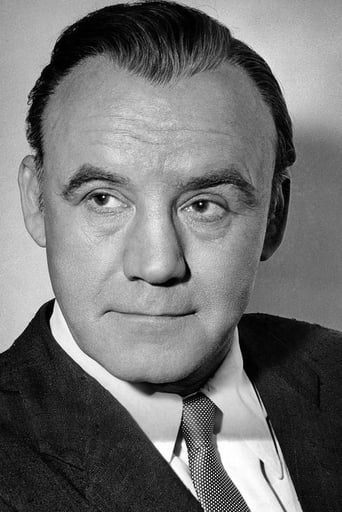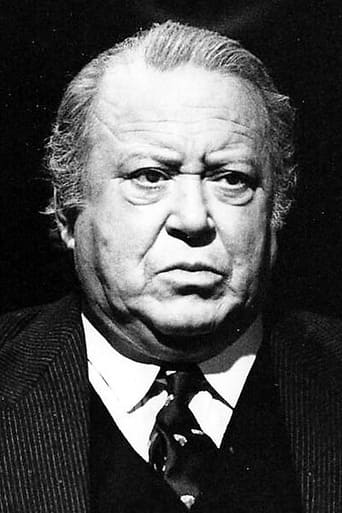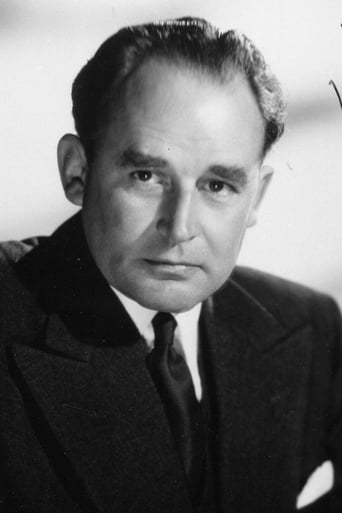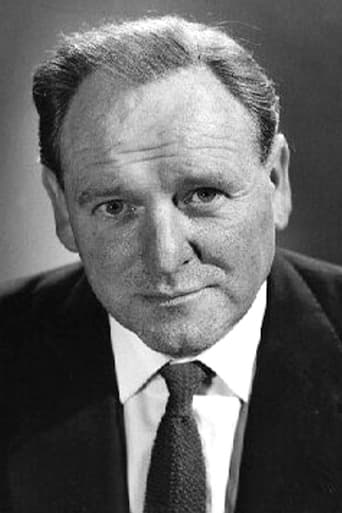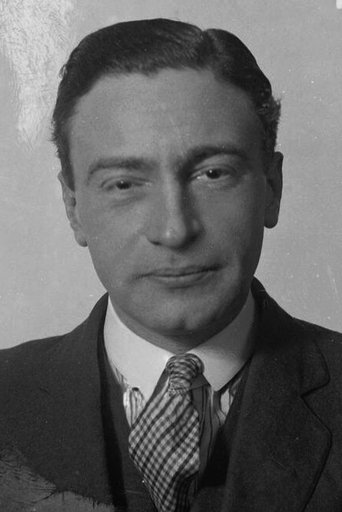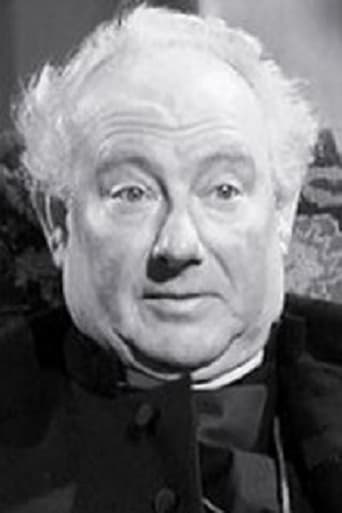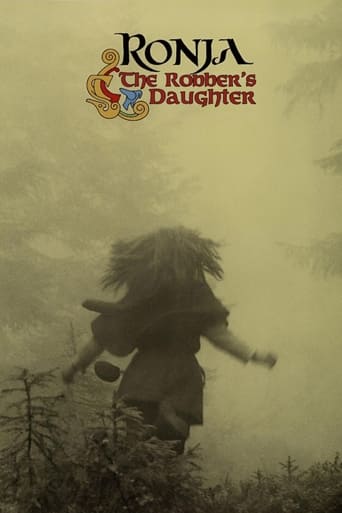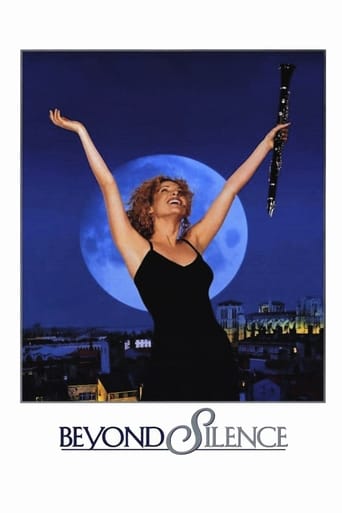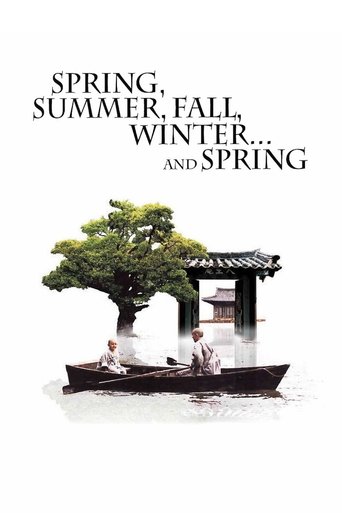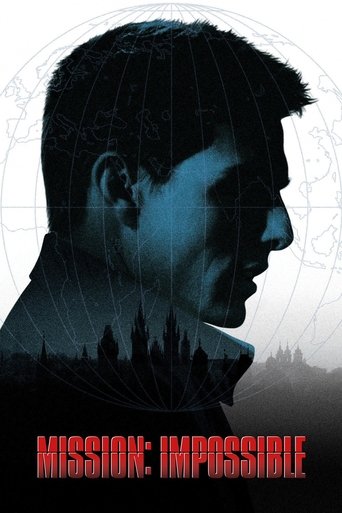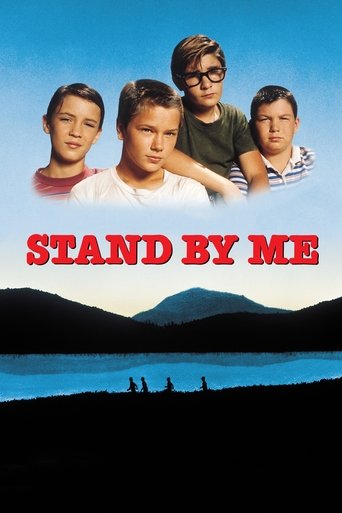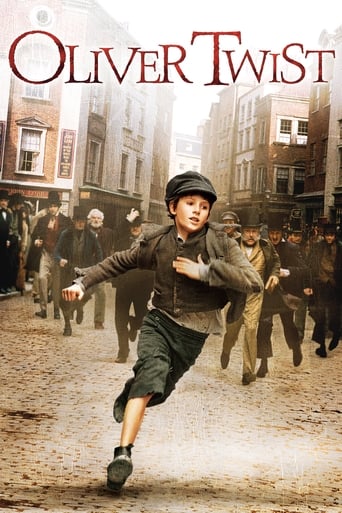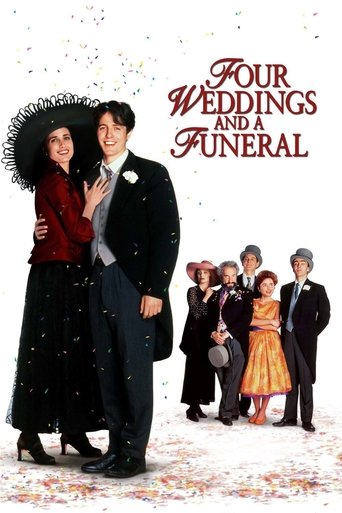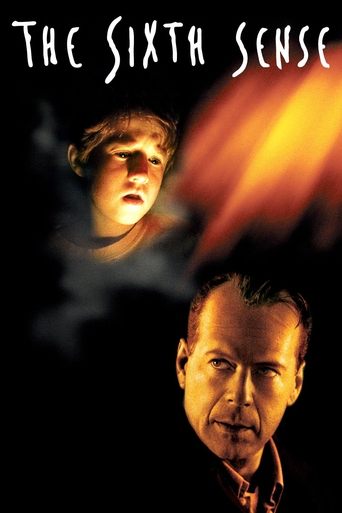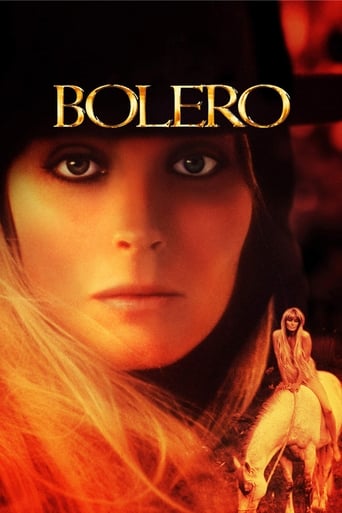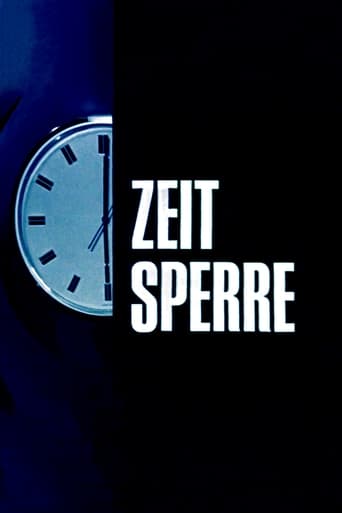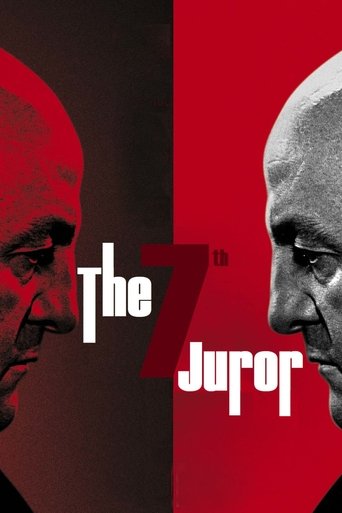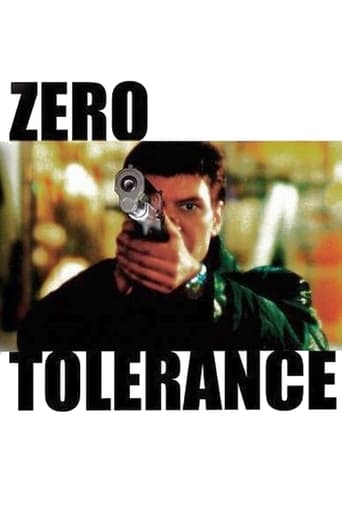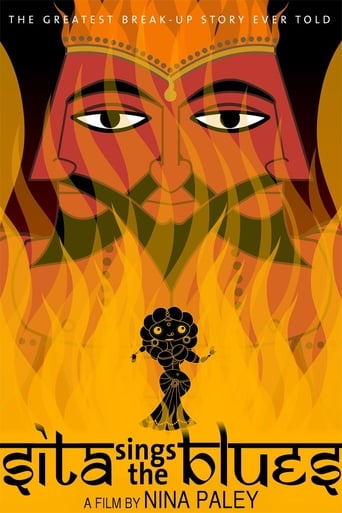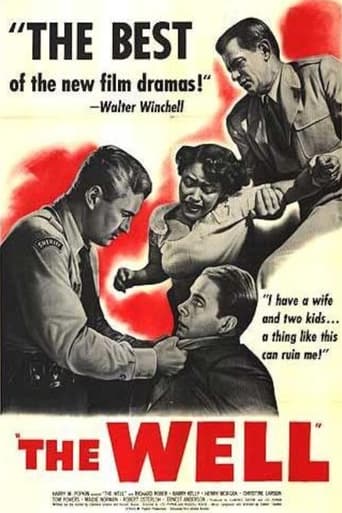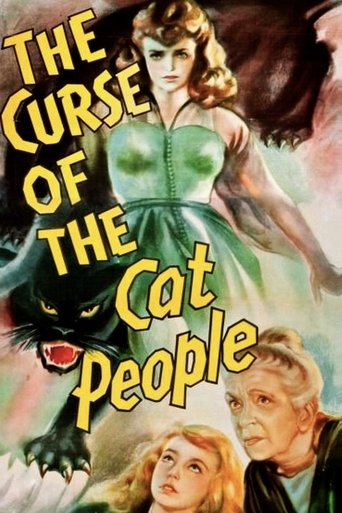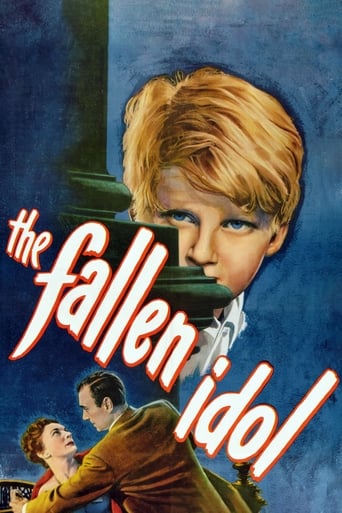
The Fallen Idol (1948)
Phillipe, the son of an ambassador in London, idolizes Baines, his father's butler, a kind of hero in the eyes of the child, whose perception changes when he accidentally discovers the secret that Baines keeps and witnesses the consequences that adults' lies can cause.
- Carol Reed
- Guy Hamilton
- Peggy McClafferty
- Graham Greene
- Graham Greene
Rating: 7.153/10 by 167 users
Alternative Title:
O ídolo caído - PT
Øjenvidnet - DK
L'ídol caigut - ES
The Lost Illusion - GB
Tapte illusjoner - NO
Stracone zludzenia - PL
Idolul căzut - RO
Ögonvittnet - SE
Country:
United Kingdom
Language:
Français
English
Runtime: 01 hour 36 minutes
Budget: $0
Revenue: $0
Plot Keyword: butler, zoo, embassy, suspicion, witness, child, adult child friendship
It's a great life if you don't weaken. The Fallen Idol (AKA: The Lost Illusion) is directed by Carol Reed and adapted to a screenplay by Graham Green from his own short story called The Basement Room. Additional dialogue was scripted by Lesley Storm and William Templeton, the music is by William Alwyn and Georges Périnal is the cinematographer. It stars Ralph Richardson, Bobby Henrey, Michèle Morgan, Sonia Dresdel and Denis O'Dea. Film is told thru the eyes of Phillipe (Henrey), the young son of a diplomat living at the French Embassy in London. With his parents often away from home, Phillipe has latched onto the family butler, Baines (Richardson), for friendship and guidance. Baines regales the boy with fanciful tales of adventure, but in truth Baines himself is unhappy, stuck in a loveless marriage to the shrewish Mrs. Baines (Dresdel). When Bobby happens upon Baines in the company of a young woman named Julie (Morgan), it thrusts the youngster into a world he doesn't understand, and when a tragedy occurs, Bobby is in danger of shattering the friendship between Baines and himself. The first of Graham Greene's literary works to be directed by the great Carol Reed, The Fallen Idol took some time to come out of The Third Man's shadow and be heralded in its own right. What transpires over 95 minutes is a tight psychological thriller that leaves a lasting image of childhood confusion, disillusionment and the innocence that's lost. Throw into the mix adult secrets, human conundrums and a gripping mystery investigation at its peak, and it's not hard to see why it's such a well revered picture. It's also a film that thrives on dialogue, again not surprising given that Green himself always said it was the best film adaptation of his work, while some of the deep-focus photography from Périnal adds real atmosphere to the proceedings. Richardson is superb, and he leads a hugely effective cast, where Dresdel is scarily witch like and Henrey, plucked from nowhere to star as the naive boy, paints an indelible portrait of a child struggling to comprehend the mysterious world of the adults around him. In support there is quality thespians such as Bernard Lee and Jack Hawkins. The ending is notably different to that in the original story, and no doubt about it, the original ending would have garnered a different reaction from many. But Greene was happy to change his own source for the screen, so if it's good enough for him then it surely is good enough for us? Certainly time has been kind to The Fallen Idol, it's Hitchcockian feel blended with literary smarts has made it a lasting favourite of critics and fans alike. 8.5/10

